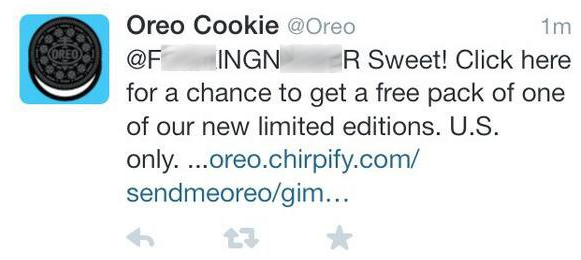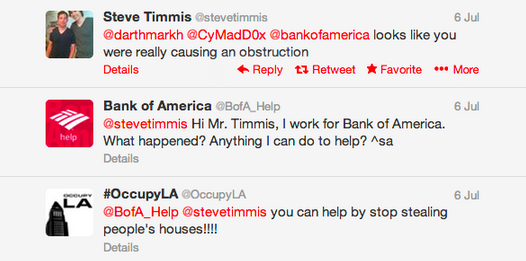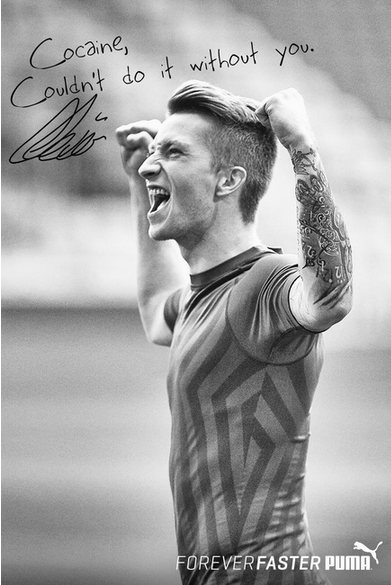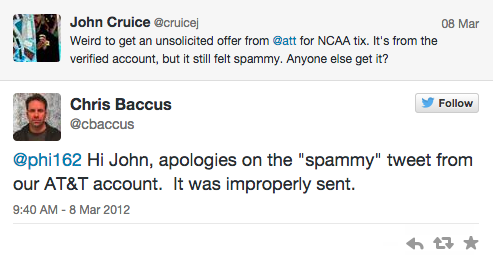Last chance to save on Digiday Publishing Summit passes is February 9

Last week, Coca-Cola suspended its Super Bowl-timed, automated social campaign #MakeItHappy, when Gawker tricked the brand into tweeting out a number of lines from Adolf Hitler’s “Mein Kampf.” In the campaign, Coke asked people to respond to negative tweets with positive ones — using an ASCII code to convert their tweets into images like singing cats and sunglass-wearing palm trees.
But while the soda giant may have been left as red-faced as its signature cans after this debacle, it’s not the first time the use of automated replies on Twitter has backfired on a brand.
Here’s a look at some of the biggest recent brand fails in automation on Twitter:
The New England Patriots
The New England Patriots landed in a messy situation in November when an automatic bot accidentally tweeted a racial slur from the official team account. To celebrate the team’s success as the first in the NFL to reach a million followers on Twitter, users were encouraged to retweet a message posted by the team. The Patriots would then “reward” fans with an automated message featuring the fan’s Twitter handle on a jersey. Unfortunately, one person got the better of the robot and got the Patriots to tweet out a jersey adorned with the racial slur “I hate Ni*****.” The post was up for more than an hour and got nearly 1,500 retweets before the team apologized.
We apologize for the regrettable tweet that went out from our account. Our filtering system failed & we will be more vigilant in the future.
— New England Patriots (@Patriots) November 14, 2014
Puma
Puma’s “Forever Faster” campaign had a similar snafu a few months earlier. The sportswear brand encouraged its fans to tweet the #foreverfaster hashtag in August in exchange for their Twitter names being printed on personalized cards signed by Puma brand ambassadors including Radamel Falcao, Cesc Fàbregas and Usain Bolt. Puma’s automated system was then tricked into tweeting a bunch of amusing messages, including one by German soccer player Marco Reus, whose autograph signature accompanied by the message, “Cocaine, couldn’t do it without you.”
Oreo
Even a master of real-time marketing like Oreo can screw up on Twitter. In February 2014, the cookie brand tweeted out what appeared to be an automated reply to a mischief-maker. The brand received considerable flak on Twitter for this misstep.
 Bank of America
Bank of America
This is perhaps the best example of why brands need a voice while on social media. In July 2013, Bank of America appeared tone-deaf when it replied to a tweet by an Occupy activist who was being chased away from a Bank of America building by New York cops. The bank claimed its reply wasn’t the work of a bot, despite appearances to the contrary.
 AT&T
AT&T
AT&T ended up spamming several Twitter users in quick succession — not necessarily subscribers — when it hired a new social media agency to manage its “Ticket Chasers” campaign centered around March Madness. The campaign sought to target basketball fans with personalized tweets, but it ended up targeting a wider net by the minute, to the annoyance of users. AT&T promptly deleted a thread of subsequent tweets, and its head of social media also personally apologized to several people.
Homepage image courtesy of Shutterstock
More in Marketing

In Q1, marketers pivot to spending backed by AI and measurement
Q1 budget shifts reflect marketers’ growing focus on data, AI, measurement and where branding actually pays off.

GLP-1 draws pharma advertisers to double down on the Super Bowl
Could this be the last year Novo Nordisk, Boehringer Ingelheim, Hims & Hers, Novartis, Ro, and Lilly all run spots during the Big Game?

How food and beverage giants like Ritz and Diageo are showing up for the Super Bowl this year
Food and beverage executives say a Super Bowl campaign sets the tone for the year.







